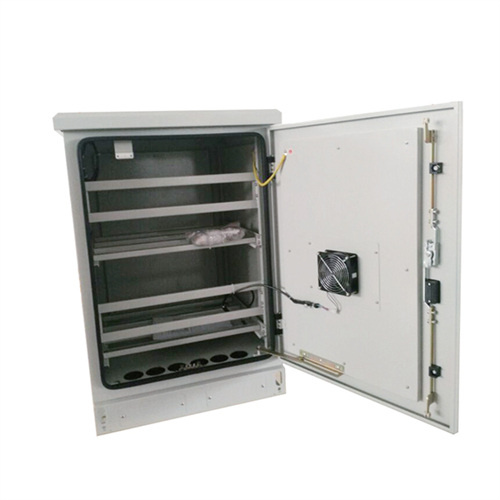How much power can the battery store
You can't store power, but energy. It depends on the size of the battery. But you can know the energy stored multiplying the charge capacity (Ah) times the voltage.
As the photovoltaic (PV) industry continues to evolve, advancements in How much power can the battery store have become critical to optimizing the utilization of renewable energy sources. From innovative battery technologies to intelligent energy management systems, these solutions are transforming the way we store and distribute solar-generated electricity.
6 FAQs about [How much power can the battery store]
How much energy can a battery store?
Similarly, the amount of energy that a battery can store is often referred to in terms of kWh. As a simple example, if a solar system continuously produces 1kW of power for an entire hour, it will have produced 1kWh in total by the end of that hour.
What are the proper units of power for a battery?
The proper units of power (= instantaneous work rate) for a battery is Watts. The proper units of energy (= work done or doable) for a battery is Watt.seconds or Joules. If we work for one second at a power of one Watt we do 1 Watt second of work or 1 Joule of work and use 1 Joule of energy.
How much energy can a home battery use during a power outage?
During a power outage, assuming you have a fully charged home battery, you will be able to use most of the 10 kWh of stored energy. However, depending on the battery type, you’ll want to leave a minimum charge of 5-10% on your battery for a couple main reasons:
How long does a 10 kWh battery last?
Without running AC or electric heat, a 10 kWh battery alone can power the critical electrical systems in an average house for at least 24 hours, and longer with careful budgeting. When paired with solar panels, battery storage can power more electrical systems and provide backup electricity for even longer.
How many kilowatts should a battery use?
To put this into practice, if your battery has 10 kWh of usable storage capacity, you can either use 5 kilowatts of power for 2 hours (5 kW * 2 hours = 10 kWh) or 1 kW for 10 hours. As with your phone or computer, your battery will lose its charge faster when you do more with the device. 2. Which appliances you're using and for how long
Can battery storage power a solar system?
When paired with solar panels, battery storage can power more electrical systems and provide backup electricity for even longer. In fact, a recent study by the Lawrence Berkeley National Laboratory found that when heating and cooling are excluded:

